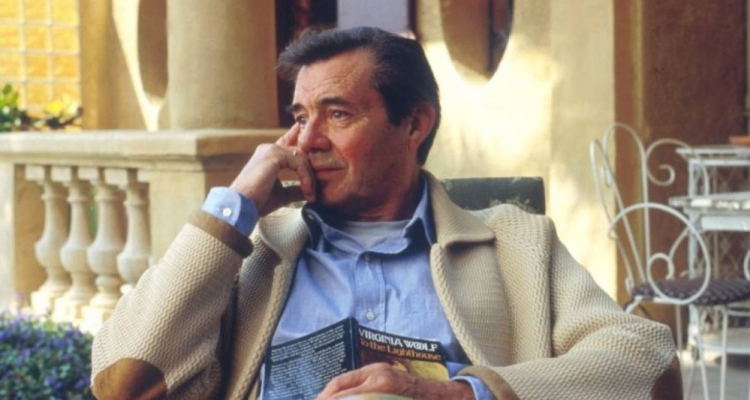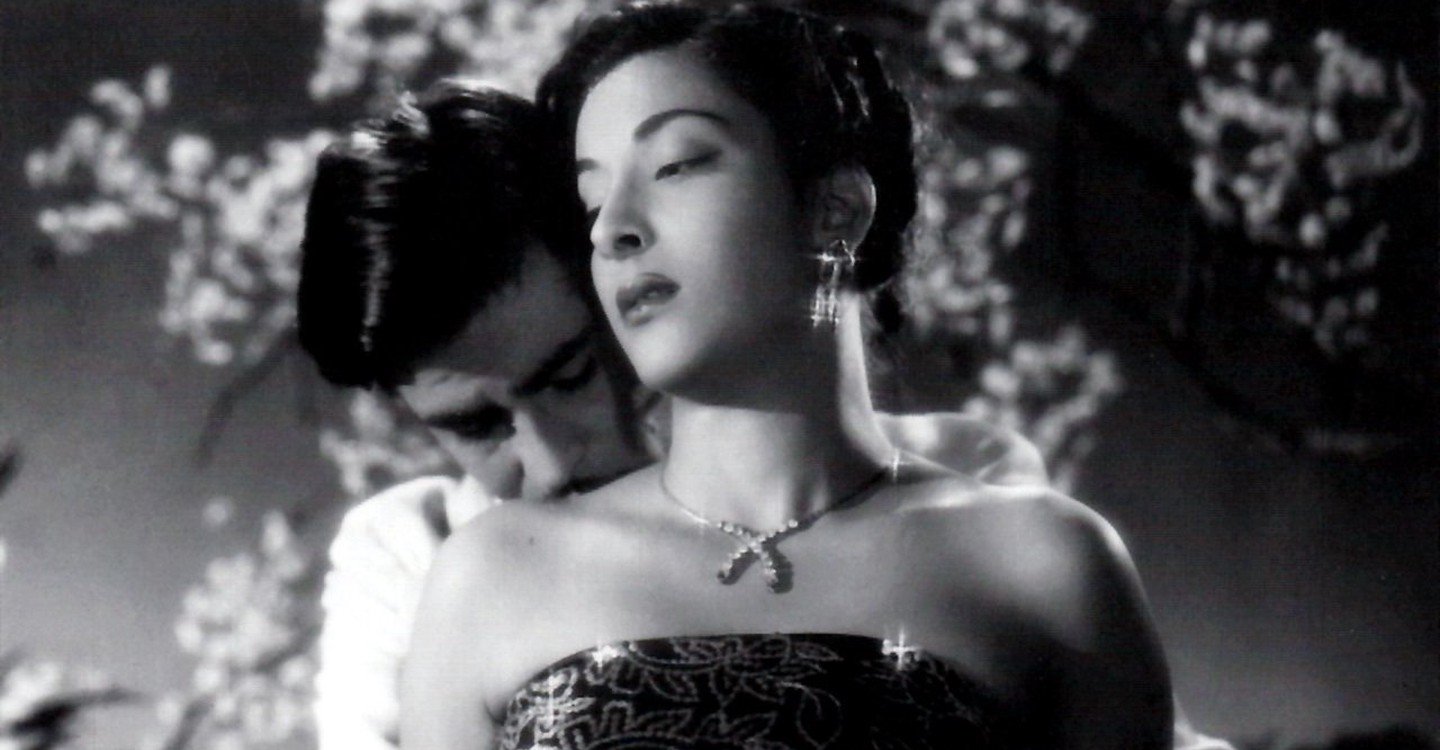The Dybbuk [דער דיבוק / Der Dibuk] (1937) directed by Michał Waszyński
In a Polish shtetl, two young friends make a pact to marry off their unborn children if one is a boy and the other is a girl. On the day of their children’s birth, a daughter is born and a son is born, however the son’s father dies before he can see his child. When grown, the daughter’s father, now wealthy, does not respect the pact and accepts a dowry from a well off suitor for his daughter leaving the son, who is poor, to call upon Satan to help him win the daughter’s hand in marriage. He is struck dead by Satan and turned into a dybbuk, a restless spirit in Jewish mythology, who possess the daughter on her marriage day.
Shot in Poland and in entirely in Yiddish, this film is considered to be one of the finest films in the brief Golden Age of Yiddish Cinema, and it is truly remarkable that this film exists at all considering what would happen to Poland’s Jewish population in the Holocaust during this time and that the overwhelming majority of Jews murdered in the Holocaust were Yiddish speakers, so now Yiddish is a minority language in the Jewish population (prior to the Holocaust 11-13 million of the world’s 17 million Jewish people spoke Yiddish). Truly remarkable that this film has survived and is available to be watched.
But it is not an easy watch. If I'm rating it on the Kihei accessibility scale, it would probably be rated a C or a D. The film is very stagy (which makes some sense as it was originally a seminal theatre play in Yiddish theatre) though it was clearly influenced by German Expressionism (Waszyński was once an assistant director to F.W. Murnau), especially when the wedding scenes take place and it turns to a light horror film complete with an exorcism, but the film takes some time to get there with some pacing issues and it certainly is more of a drama film than a fantasy/horror film. But the more difficult aspect of this film is that it is a film clearly made for the Polish Yiddish speaking population made for by the Polish Yiddish speaking population and I am not Polish or a Yiddish speaker, let alone Jewish or even religious at all. So, a lot of the Hasidic mythology and references to Jewish scripture went way over my head. But I would recommend it, with these reservations in mind, to any lover of world cinema as I think it has an important place in cinema’s history.
It’s hard not to think about the fate of the actors and crew of the film in terms of what happened to them in the Holocaust. A cursory search after watching the film tells me the director survived (escaping to Russia and becoming a theatre director there during the war and then when Russia was invaded joined the Polish army to fight in Egypt and Italy), as did the lead actors Leon Liebgold and Lili Liliana who escaped in time to the United States, but many of the actors were not so fortunate.
For those interested in watching it, Kino Lorber did an adequate job restoring it recently and its on Kanopy for free for those who has access to Kanopy through their library; there's also a version on YouTube but it is poor quality and parts of it is not even subtitled in English so I'm not going to link it.








